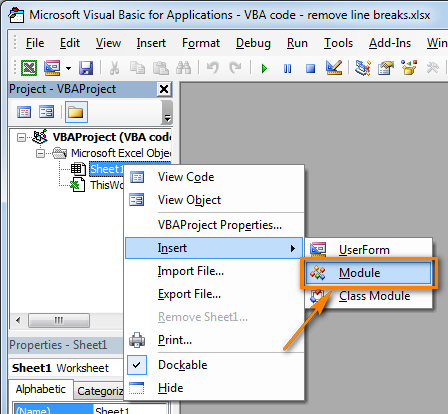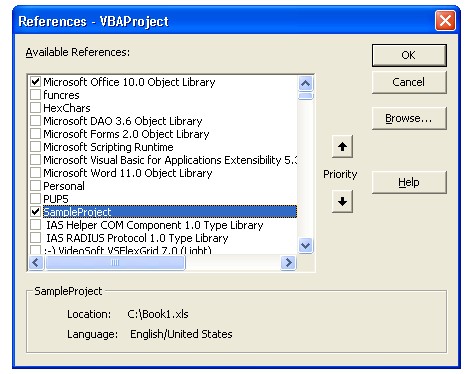


3.1.1 Original Calendar Control properties.It is possible that the installation program of the SAP GUI for Windows is changed from PL 7 to PL 10 resp. The x86 version creates the object and the 圆4 version don’t, as I expected – with SAP GUI for Windows 7.40 PL 7. To validate this I check it actual with AutoIt x86 and 圆4, because I don’t have Excel 圆4: -Begin. But I don’t know it exactly with the actual patch levels, because it checked it with an older one. And you have PCs with SAP GUI 7.40 PL 12 and Excel 2010 圆4 and the same VBA programs don’t run, also without any modification of the registry.Īs far as I know it isn’t possible to instanciate one of the ActiveX components with an 圆4 application with the standard SAP GUI installation. Hint: You can find information how to use SAP ActiveX libraries without SAP GUI for Windows here.Īs far as I under stand you correct: You have PCs with SAP GUI 7.40 PL 10 and Excel 2016 圆4 with an VBA program which runs without problems, without any modification of the registry. If you reference the SAP ActiveX libraries you should also declare your variables with the correct types, otherwise it makes no sense. And now the VBA IDE offers the code completion. If you want to benefit from the advantages, is it necessary to change the source like this: '-Begin-ĭim oFunc As SAPFunctionsOCX.SAPFunctionsĪs you can see is the source equivalent but the declarations of the variables oFunc and oConn are now not longer Objects, they are now definitive types from the library. MsgBox "Connection.Logon failed", vbOKOnly, "Error" MsgBox "SAPFunc.Connection failed", vbOKOnly, "Error"

MsgBox "CreateObject() failed", vbOKOnly, _ If they choose this method is it at first not necessary to reference the libraries and on second they lose the very good code completion functionality. You can find a very good equivalent description here.īut many Office programmers declare their object variables in VBA only as Object. Hint: You can also use the unicode versions of the libraries, the filenames ends with an u. Hint: The wdtlog.ocx is in the directory C:\Program Files (x86)\Common Files\SAP Shared. You can find the files in the directory of the SAP GUI, C:\Program Files (x86)\SAP\FrontEnd\sapgui. It is necessary to add wdtfuncs.ocx, wdttaocx.ocx, wdtlog.ocx and optional wdobapi.ocx. To use the libraries it is necessary to reference it. The reason for this descision is the availability of the libraries. Many Microsoft Office programmers uses the SAP ActiveX libraries of the SAP GUI for Windows installation.


 0 kommentar(er)
0 kommentar(er)
